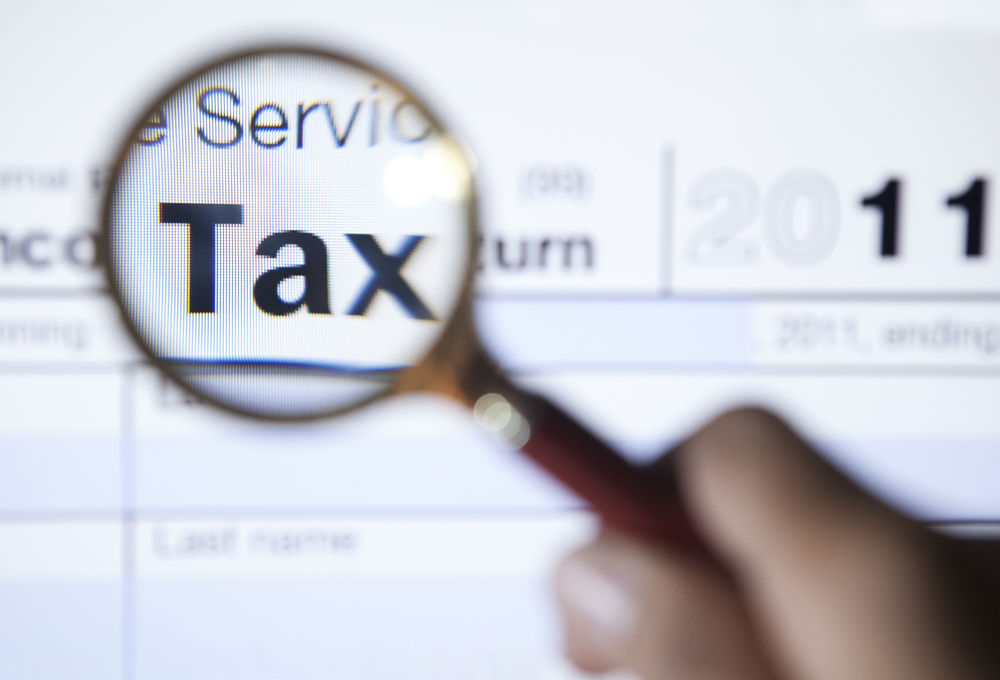Connecticut’s race to the bottom in best individual income tax has stalled — ranking 47th for the third consecutive year. Only New Jersey, California and New York received worse marks, according to a recent Tax Foundation report.
States that scored poorly have high tax rates and very progressive bracket structures writes Janelle Fritts, a Tax Foundation policy analyst.
“They generally fail index brackets, exemptions, and deductions for inflation, do not allow the deduction of foreign or other state taxes, penalize married couples filing jointly, do not include LLCs and S corporations under the individual income tax code…and may impose an alternative minimum tax (AMT),” Fritts explained.
Conversely, the report found the states that fared better typically have a flat, low-rate income tax with few deductions and exemptions. The top-ranking states for individual income taxes were Alaska, Florida, South Dakota and Wyoming.
The recent ranking is only one component from the think tank’s ‘2023 State Business Tax Climate Index,’ which examined other categories including every state’s corporate tax, sales tax, property tax and unemployment insurance tax. However, Connecticut’s individual income tax ranking was not an outlier, as the state consistently scored mediocre-to-poor marks in the remaining fields — 27th, 47th, 23rd, 50th, and 23rd respectively.
Overall, Connecticut ranks 47th for a healthy tax climate — outpaced by similar bedfellows, California (48), New York (49) and New Jersey (50).
Despite finishing last in property taxes, the General Assembly is debating whether to raise the uniform rate from 70 to 75 percent. If implemented in FY23, the impact would have been “approximately $27.6 billion across all municipalities,” according to the bill’s fiscal note.
Sadly, within the past year, Connecticut has ranked poorly in other surveys:
- The most expensive state to own a car
- Top three for highest electricity prices
- 5th least popular state to move to in 2022
- Top five poorest-performing states regarding ‘return on investment’ for its public university system
- The 10th highest rate of foreclosure filings
- The 15th most burdensome state to obtain an occupational license for lower-income jobs
- 43rd for the best places to retire largely due to affordability
- 46th in education freedom
- 49th for lowest state-local tax burdens in 2022
With rankings like these, it’s hard to attract and retain talent and families in the Constitution State. Therefore, legislators should, instead of contemplating raising taxes, rethink how to lower these burdens for Connecticut residents before session adjourns, June 6.


John Feher
June 25, 2024 @ 4:36 am
We left Ct 5 years ago at age 65. We said if after Malloy they elected another Dem governor we were gone! In 5 years seen and heard how Ct is worse ever. it’s definitely a one party ruled communist socialist state.The freedoms and savings if moving out are substantial.No longer do we have to live in a state that treats residents like there personnel piggy banks!